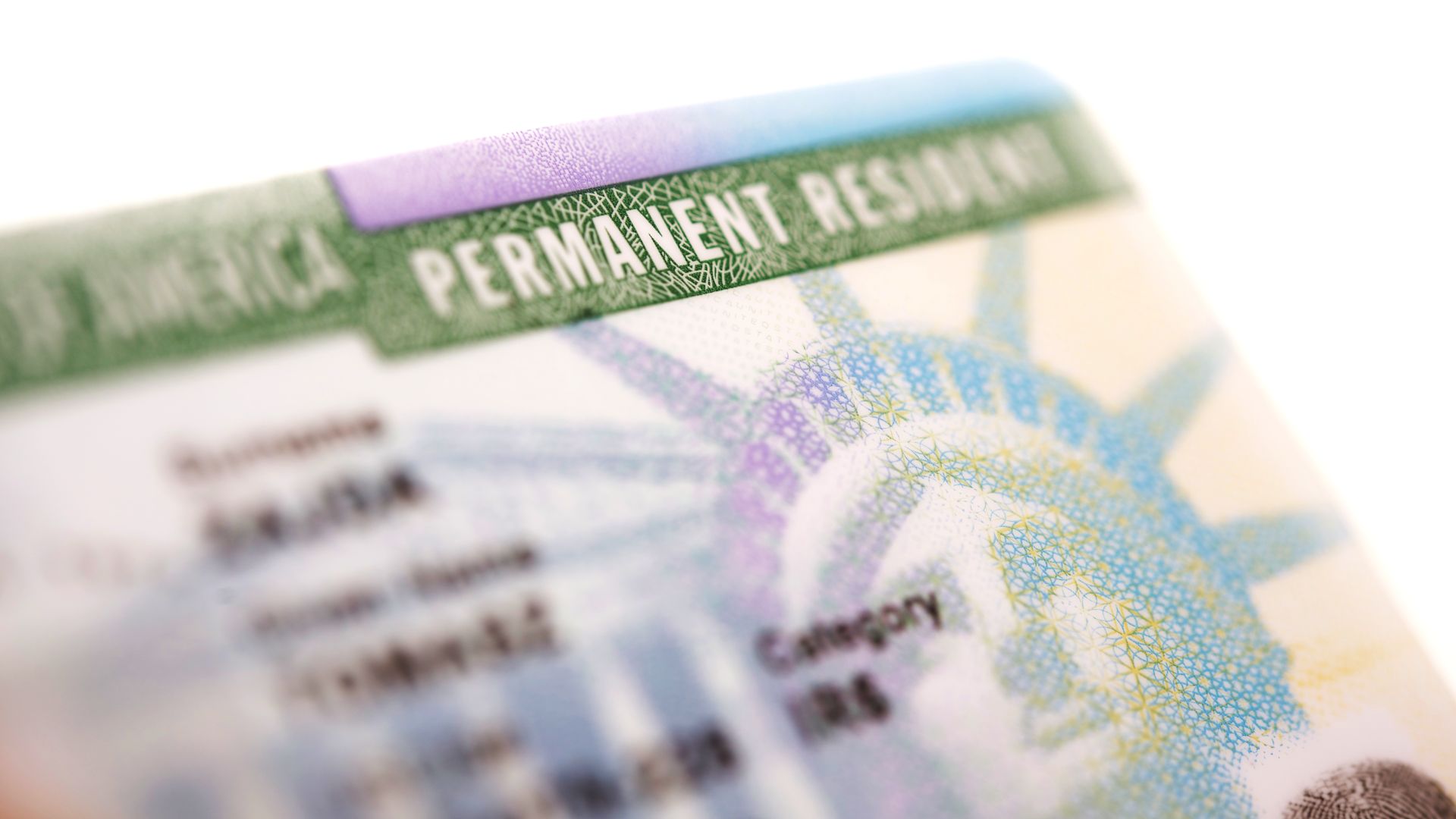Whether you’re chasing new career opportunities, planning to join family, or simply ready for a new chapter across the border, the journey from Canada to the United States is one many Canadians have taken—and it’s one we at Rebecca Black Immigration, PA are here to help guide you through.
As a law firm dedicated to U.S. immigration law, we understand that even our friendly neighbors to the north face a complex and often overwhelming process when seeking to make America home. Here’s what Canadians need to know before making the move:
1. You Still Need a Visa or Green Card
One of the biggest misconceptions is that Canadians can simply move to the U.S. without formal immigration processes. While Canadians can visit the U.S. for up to 6 months without a visa, immigrating—that is, living, working, or studying in the U.S. long-term—requires proper authorization.
Common immigration paths for Canadians include:
-
Employment-Based Visas (like H-1B, L-1, or TN under NAFTA/USMCA)
-
Family-Based Green Cards
-
Investor Visas (E-2)
-
Student Visas (F-1)
Each has specific requirements and timelines, and choosing the right one can make or break your move.
2. The TN Visa Advantage (But Read the Fine Print)
Thanks to the United States-Mexico-Canada Agreement (USMCA), Canadians in certain professional occupations (like engineers, accountants, and scientists) may be eligible for a TN visa, which allows for quick entry and employment in the U.S.
However, the TN visa:
-
Is temporary (not a direct path to permanent residency),
-
Requires a job offer in a USMCA-listed profession,
-
Must be renewed periodically.
Many Canadians begin on a TN and later transition to a green card—but this requires careful planning to avoid status violations. That’s where experienced immigration counsel makes a big difference.
3. Dual Intent and Status Traps
Unlike citizens of many other countries, Canadians often benefit from a smoother border process. But that doesn’t mean you’re immune to immigration pitfalls. A few key things to keep in mind:
-
Tourist status (B-2) doesn’t allow you to look for work or study.
-
Not all visas allow for dual intent (wanting to visit now, but immigrate later).
-
Overstaying or misrepresenting your intent can jeopardize future immigration options.
4. Moving with Family? Start Early.
If you’re bringing a spouse or children, you’ll want to understand dependent visas and how schooling, healthcare, and work authorization may be affected. The earlier you start the conversation, the better we can help ensure your entire family transitions smoothly.
5. Work with a U.S.-Based Immigration Attorney
Even though you’re just crossing one border, U.S. immigration law is federal, complex, and often in flux. At Rebecca Black Immigration, PA, we help Canadians:
-
Assess the best visa or green card options,
-
Prepare strong petitions and documentation,
-
Navigate tricky issues like status changes, inadmissibility, or border denials.
We offer personalized strategies, not one-size-fits-all answers—because every Canadian immigrant’s journey is unique.
Ready to Start Your U.S. Journey?
Whether you’re a Canadian professional, student, entrepreneur, or spouse of a U.S. citizen, we’re here to help. Contact Rebecca Black Immigration, PA today for a consultation. Let us guide you through the legal process—so you can focus on the exciting journey ahead.








